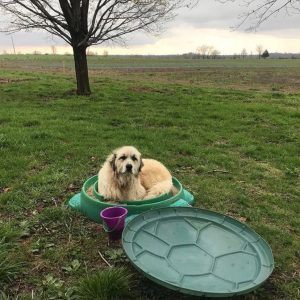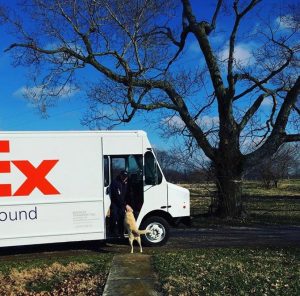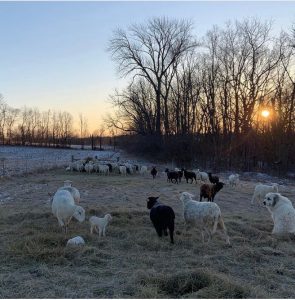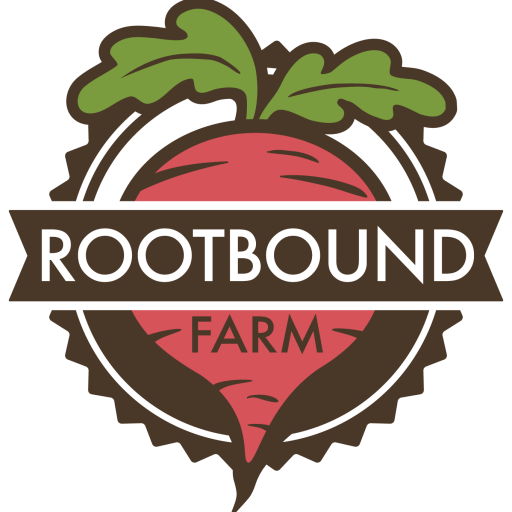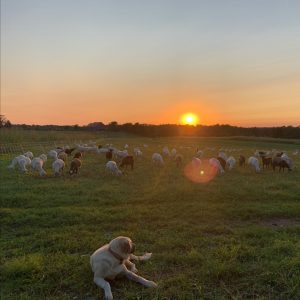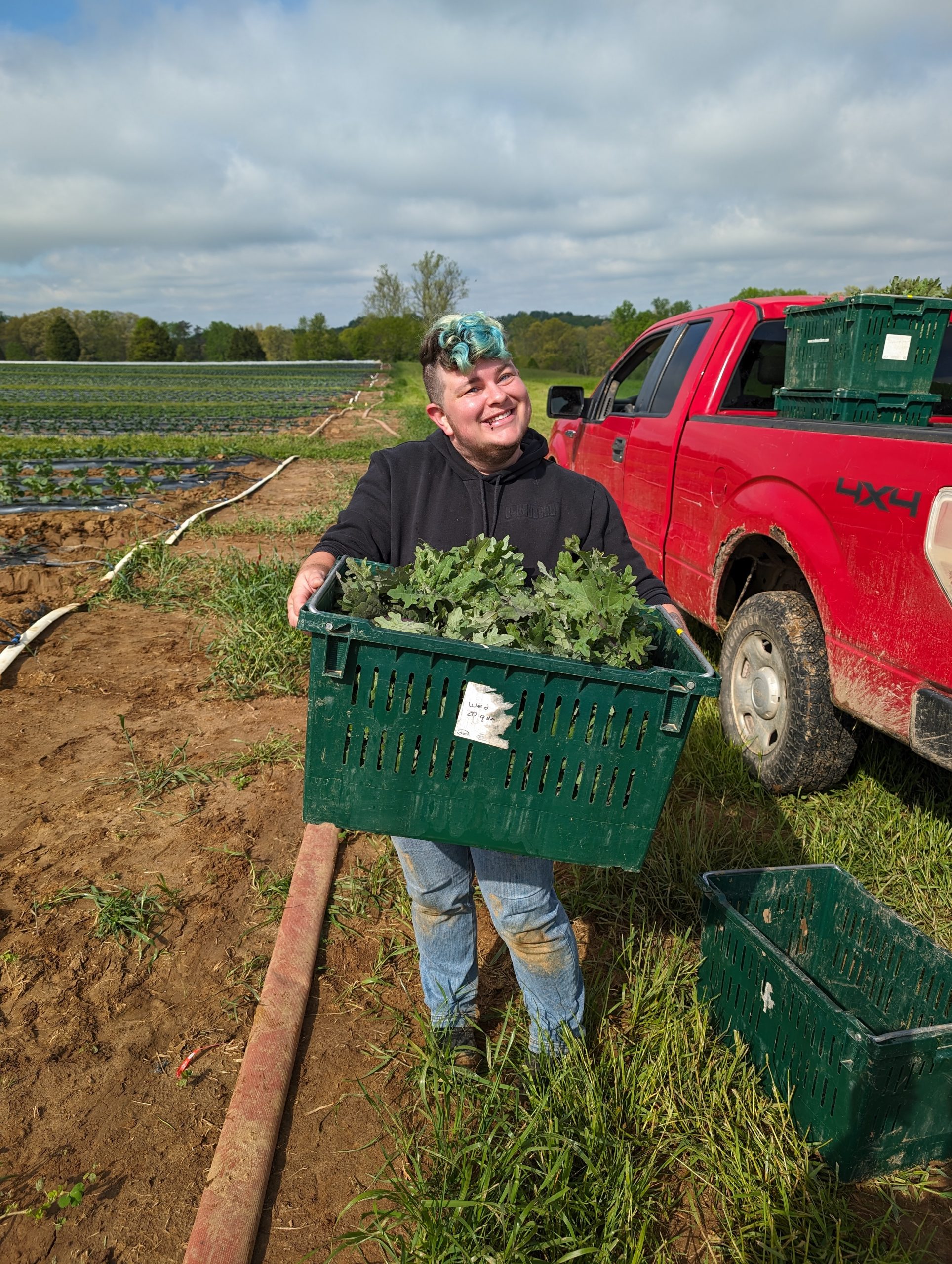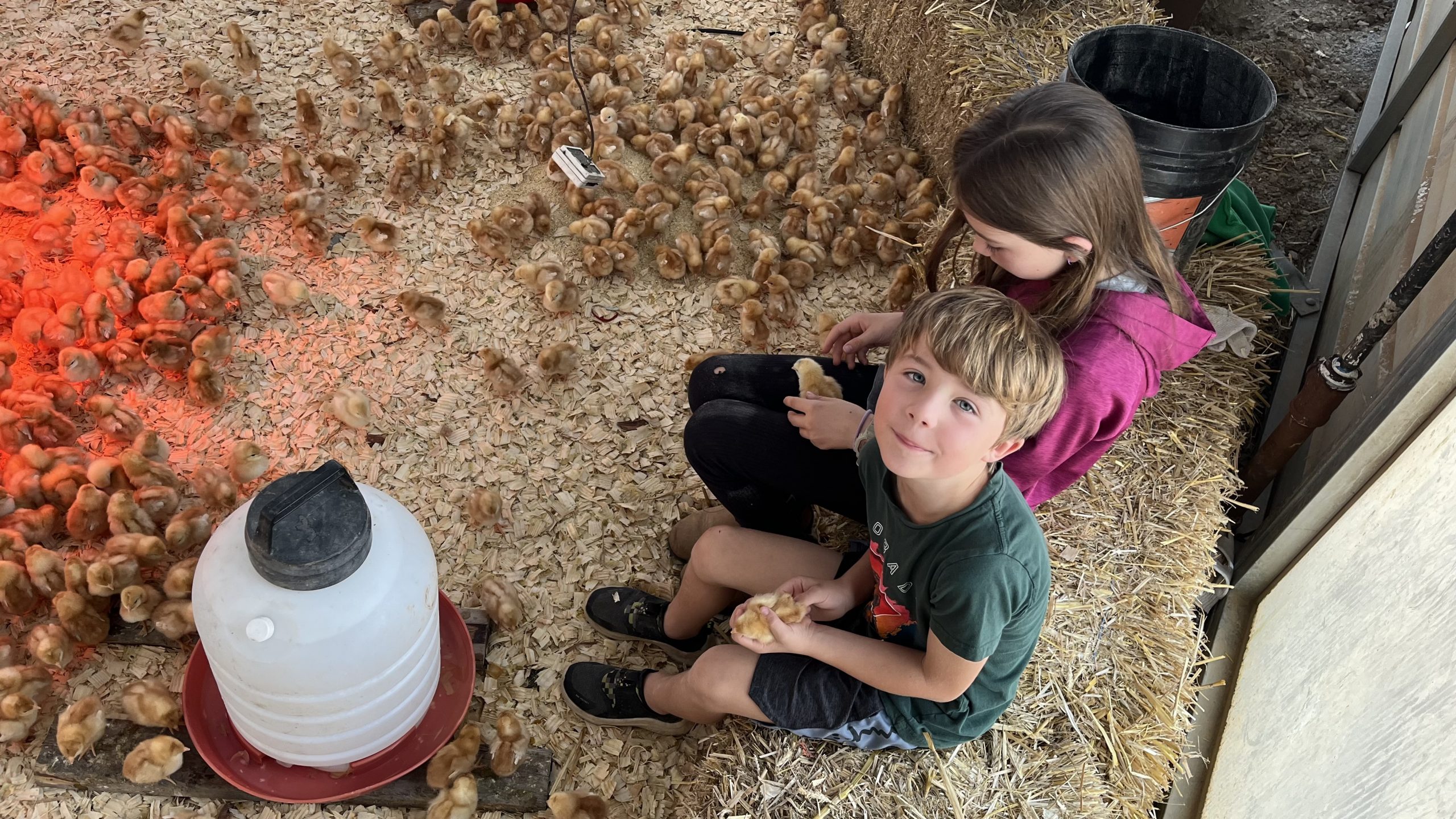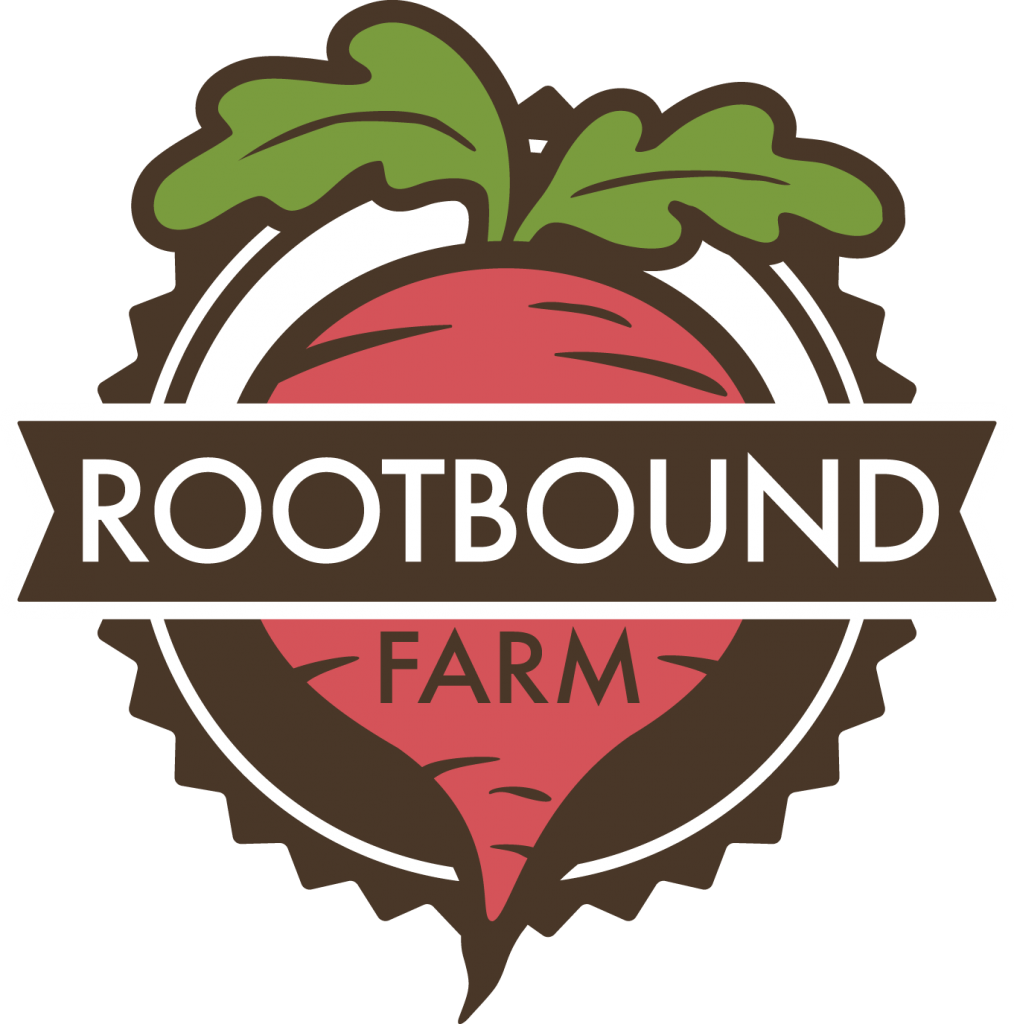Here at Rootbound Farm we have 5 dogs. 4 of them are “working dogs” – meaning they have a job to do here on the farm. We have 4 Livestock Guardian Dogs, a very special category of dog. Read on for more about their roles on the farm, and to see adorable pictures.
There are two very distinct types of working dogs you’ll see with livestock. The “herding dogs ” include border collies, Australian shepherds, etc. These are usually small dogs that use their intuition and obedience to humans to assist the shepherd in moving large groups of animals.
The other type of working dog is a Livestock Guardian. These dogs protect the flock by living with the flock, and being territorial against intruders that might do harm to the animals – including neighborhood dogs, coyotes, hawks and birds of prey. These dogs do not “herd” at all – they maintain their presence and are usually larger dogs with intimidating barks and have a sturdy build. All of our working dogs are Livestock Guardians, we do not have any herding dogs.
Two of our dogs are 6 year old Great Pyrenees siblings, Gaia and Ghost. Ghost is now our resident chicken protector – living 24/7 with the chickens. When we started raising chickens a year ago, we knew we had to have a guardian with them because chickens are highly susceptible to almost every type of predator (hawks, raccoons, foxes, coyotes, you name it). Ghost was the only one of our dogs who seemed to vibe with the chickens. Everyone else wanted to eat them. But Ghost is Zen Master with the chickens and lets them clean his fur and is forever gentle.
Gaia, named after “Mother Earth”, is a sheep guardian and is very serious about her job. She’s our most reliable protector, she stays with her flock and right now is guarding a group of about 100 teenage lambs. Our sheep rotate all over our farm and nearby farms (covering about 700 acres) so the dogs have to learn to travel with the flock and stay there when people are too far away to keep an eye on things.
Our biggest predator pressure with the sheep is from coyotes. Every night we hear coyotes at our farm, and we’ve noticed some times of year when activity increases including breeding season (happening now) and the early winter when the adolescent males separate from their moms and become more bold and are seeking out new territory. We also have problems with black buzzards, which will kill very young lambs or even adult sheep that may be ill.
Earlier this year we had more coyotes problems than ever before. In the 6 years we have had sheep, we lost our first sheep to a coyote attack in February. Since then, we’ve had several more attacks, losing so far a total of about 10 animals. We took stock and decided to bring 2 more guardian dogs to the farm.
Juno is our 10 month old Turkish Kangal dog, and Rosie is our 3 month old Kangal dog. We decided to try a different breed with these two new guardians for several reasons. The Pyrenees aren’t so well suited to hot KY summers with their big bodies and heavy coats. We work hard in the summer to keep them trimmed and comfortable, but the Kangals have a short coat and are leaner. We also wanted to try a dog that was more prone to chasing down a threat, and more responsive to threats. So far the Kangals are more amped up, and a bit more intense about their protecting job. But they seem a little less intuitive about how to manage their bodies around small and vulnerable animals. I trust Gaia and Ghost to sit right next to a mom in birth and be calm throughout the whole process. They are 100% trustworthy with all the birthing fluids and tiny baby lambs jumping around. Juno is still young, but so far he is too playful and a little too rough for the little lambs, so we keep him with the more mature groups. We will see if he develops a calmer demeanor as he matures.
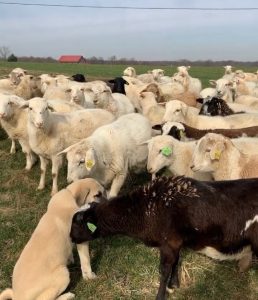
So each dog has their strengths, their unique personalities that make up a whole of a protection program here at the farm. I can’t say “this is the best guardian breed” and I can’t even tell you which of my 4 guardian dog is the best at their job. They all approach their work differently and fit in the big picture – meaning that we are constantly evaluating and moving them around to different animal groups depending on what the farm needs.
